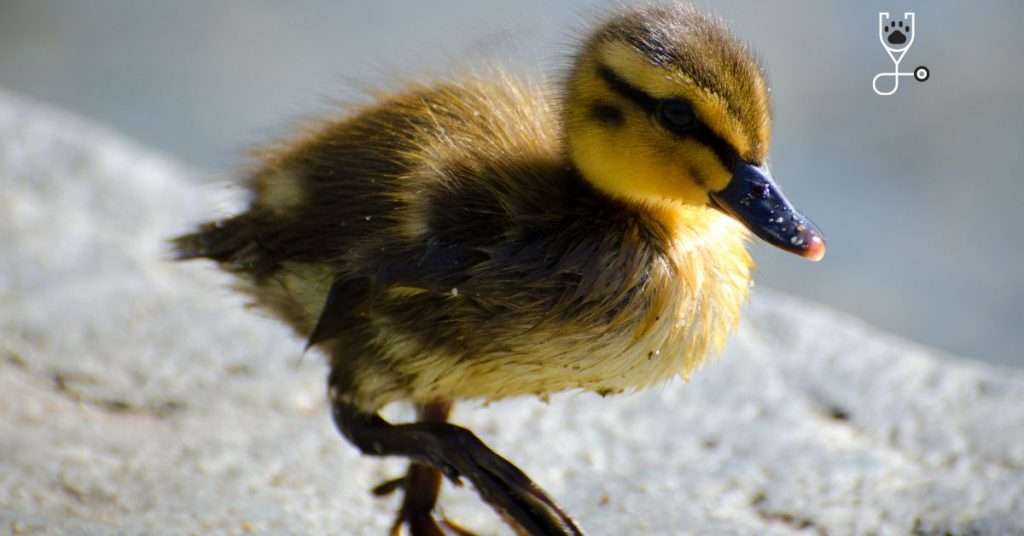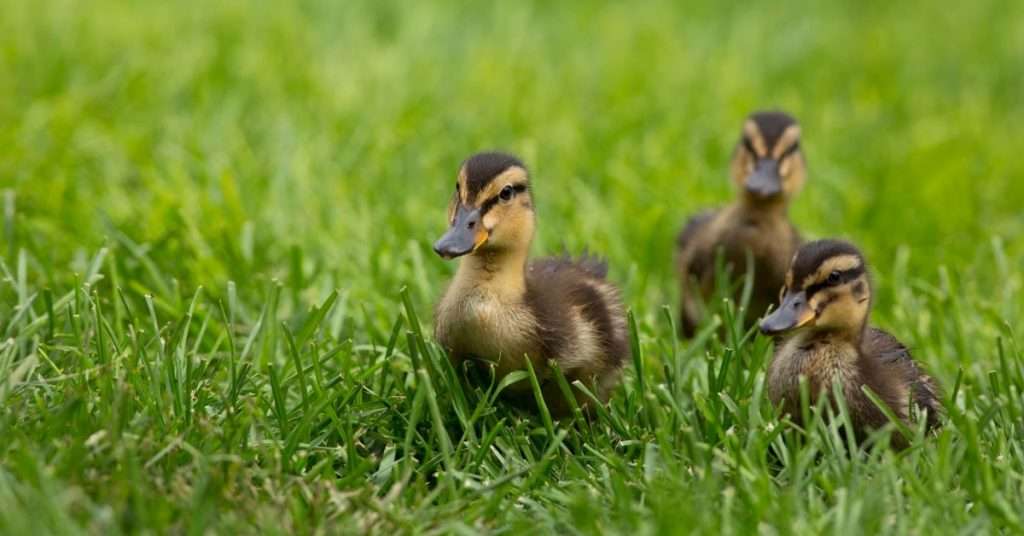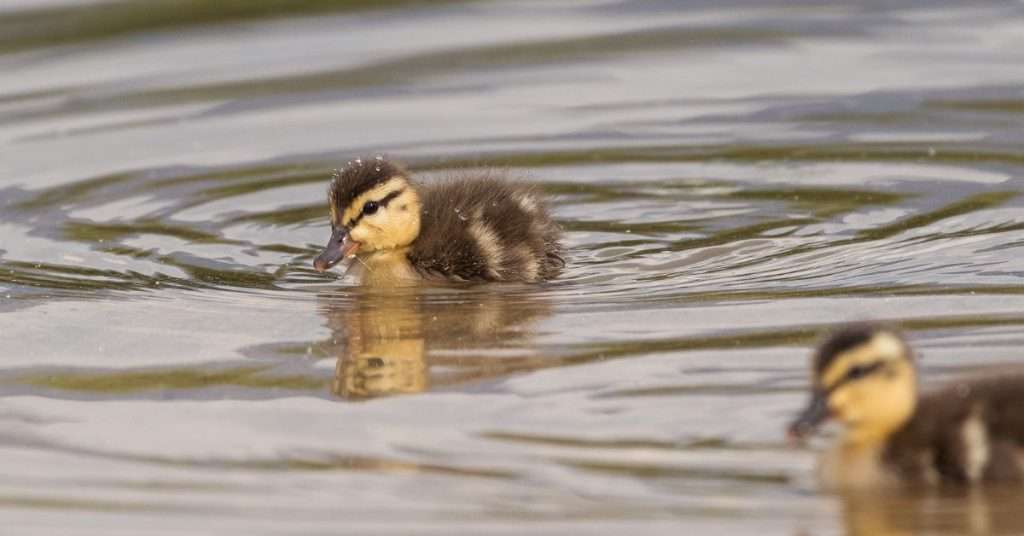People often ask me how to take care of baby ducks. They are so cute and people want to make sure they are taken care of properly. In this blog post, I will outline the basics of what you need to do to take care of baby ducks. I will also provide some tips on how to feed and raise them. Baby ducks are a lot of fun and make great pets, so make sure you take good care of them!

Basic Duckling Care
Anyone who’s ever had the pleasure of raising baby ducks knows that it’s a fun and rewarding process. While it might seem like a lot of work, following only a few easy steps is all that’s required to ensure healthy and happy ducklings.
- The first step is to provide the proper food and water. Ducklings need a high-protein diet, and their water should be kept clean and fresh.
- The second step is to make sure they have a heat source. A heat lamp is the best option, as it will keep them warm without drying out their feathers.
- The last step is to provide proper housing. A simple box or cage will do, as long as it has enough space for them to move around freely.
By taking these steps, you can be sure that your ducklings will thrive.
Learn More: How to Feed, Raise and Care for Baby Ducks
What Do Baby Ducks Eat?
As mentioned before, baby ducks need a high-protein diet. The best way to provide this is through commercial duck food, which can be found at most pet stores. You can also give them finely chopped vegetables or cooked rice and oats.
It’s important to note that ducklings should not be given cow’s milk, as it will upset their stomachs.
When it comes to water, always make sure it is clean and fresh. Ducklings are susceptible to dehydration, so it’s important to make sure they have access to water at all times.

What’s the best way to feed ducklings?
Ducks are notorious for kicking up food and water, and it’s not uncommon for stray pieces of food to end up scattered around the yard.
A plastic poultry feeder can help to keep the food clean and sanitary. These feeders are designed to contain food, and they often have a raised lip or edge that helps to keep the ducks from making too much of a mess.
As an added bonus, many plastic poultry feeders are also designed to be easily cleaned, so you won’t have to spend hours scrubbing out the feeder after every meal. In short, a plastic poultry feeder is an essential tool for anyone who wants to keep their ducks well-fed and their yard clean.
Read: Tips to Make Your Own Egg-Grabber Tool
Do ducklings like to swim in water?
Yes, ducklings love to swim! In fact, it’s important for their development and health. Swimming helps to strengthen their muscles and keep their feathers clean and healthy.
If you don’t have a pond or pool, you can give your ducklings a small kiddie pool to splash around in. Just make sure the sides are low enough that they can easily get in and out.
Provide a Brooder
As mentioned before, ducklings need a heat source to keep them warm. The best option is a heat lamp, as it will provide a consistent and even heat.
A brooder is simply a box or cage that contains the heat lamp and provides a safe space for the ducklings to sleep and eat. It’s important to make sure the brooder is big enough for the ducklings to move around freely, as they will need exercise to stay healthy.
You can purchase a ready-made brooder, or you can easily build your own using simple materials like cardboard boxes and chicken wire.

If you choose to build your own, make sure the sides are high enough to prevent the ducklings from escaping. It’s also a good idea to cover the top of the brooder with chicken wire to keep predators out.
Ducklings need a warm place to sleep, so make sure the bedding is soft and comfortable. You can use straw, wood shavings, or even old towels. Just make sure the bedding is clean and dry, as wet bedding can lead to health problems.
Brooder Temperature in Degrees Fahrenheit
The brooder should be kept at a constant temperature of 95 degrees Fahrenheit for the first week. After that, you can gradually lower the temperature by 5 degrees each week.
By the fourth week, the temperature can be lowered to 70 degrees Fahrenheit. At this point, the ducklings should be able to thermoregulate their body temperature and will no longer need the heat lamp.
Read More: Everything You Need to Know About Pekin Ducks
When Does a Duckling Become a Duck?
Baby ducks grow fairly quickly, and after six to eight weeks, they are not really babies anymore. At this age, ducks should have many adult duck traits, including fully developed feathers and the ability to fly short distances. Ducklings will also start to eat more solid foods and drink less milk. Although they are not yet fully grown, six- to eight-week-old ducklings are typically big enough to be introduced to a pond or other body of water. This is an important milestone, as it allows them to start foraging for their own food and begin to develop their adult hunting skills. Overall, six to eight weeks is an important time in a duckling’s life, as they make the transition from baby to adult.
Raising baby ducks is a fun and rewarding experience. By following these simple tips, you can be sure your ducklings will be healthy and happy.